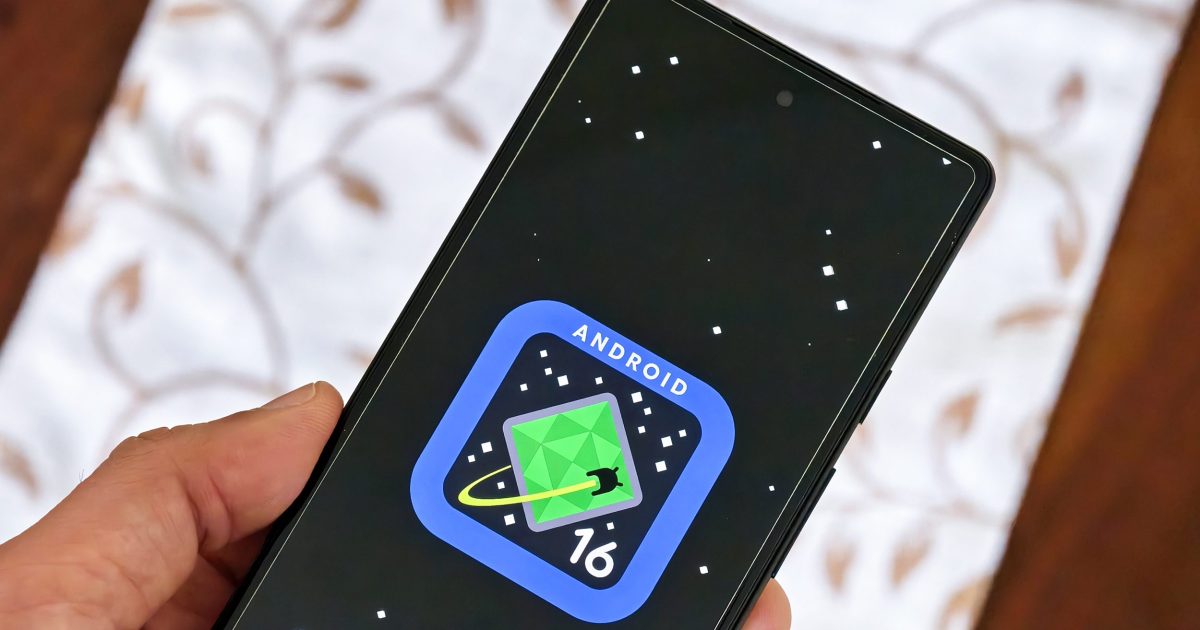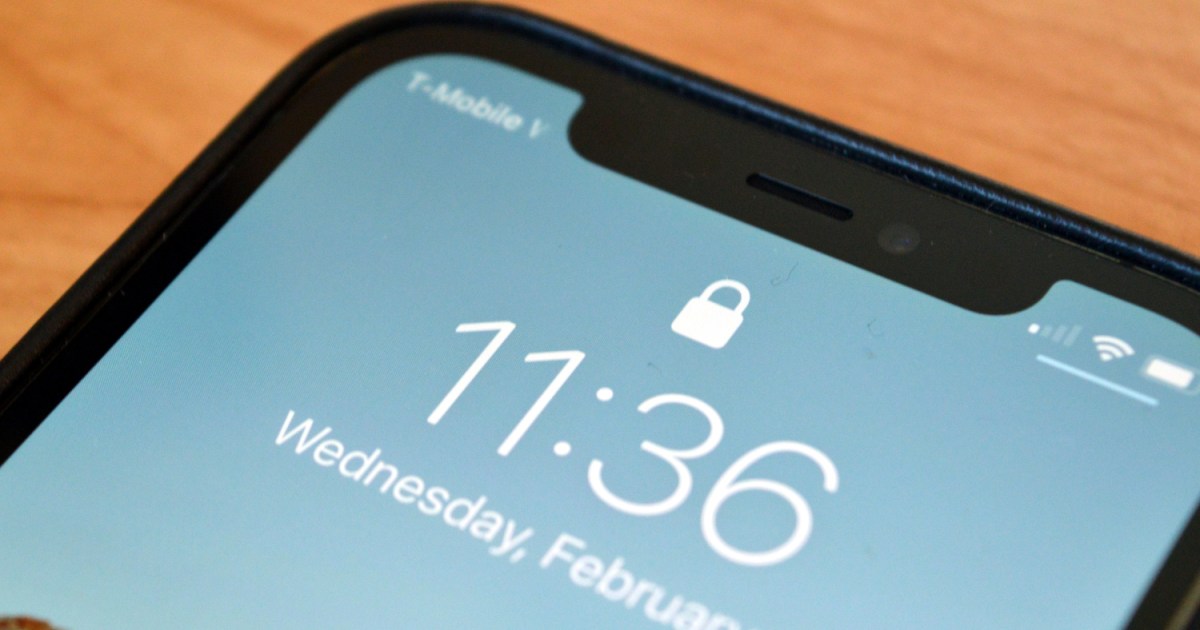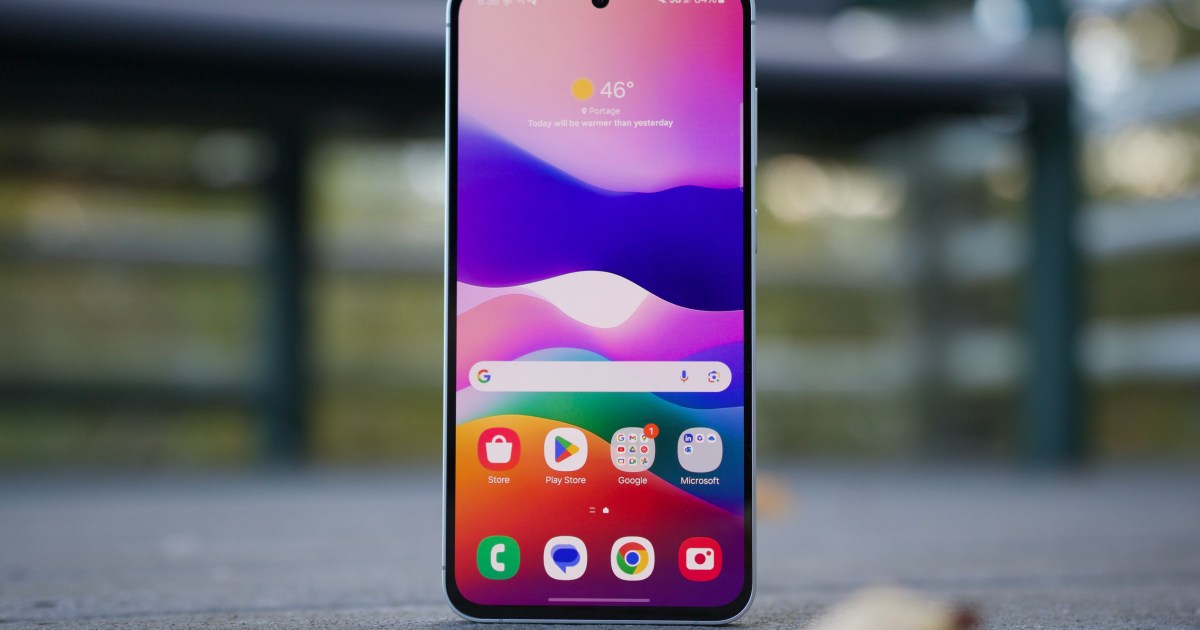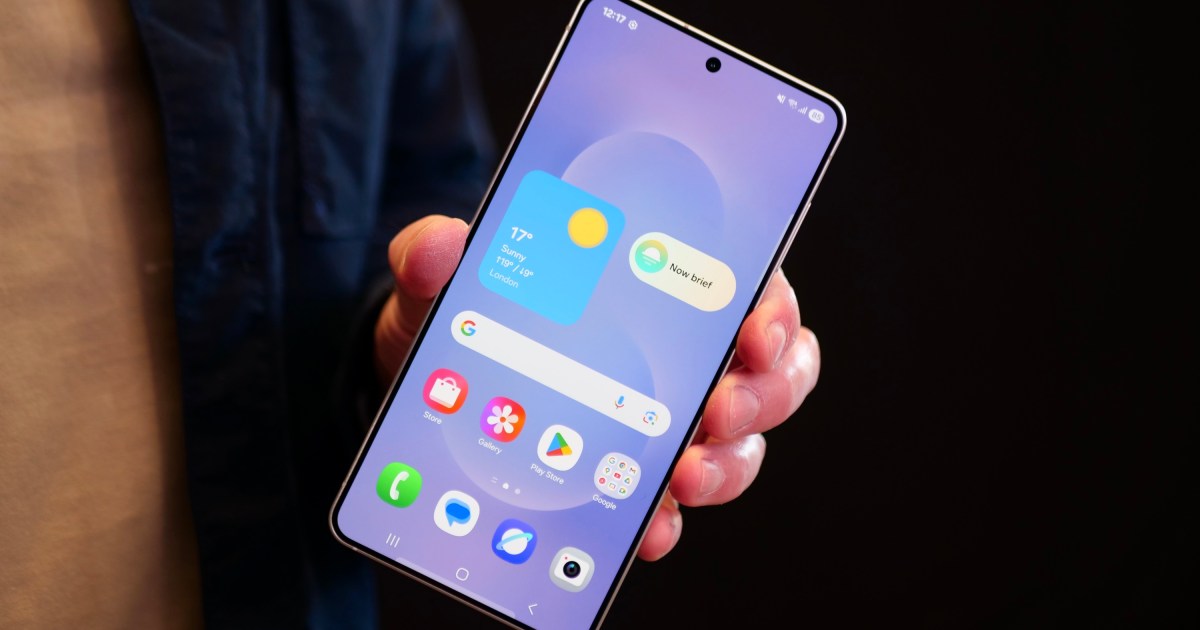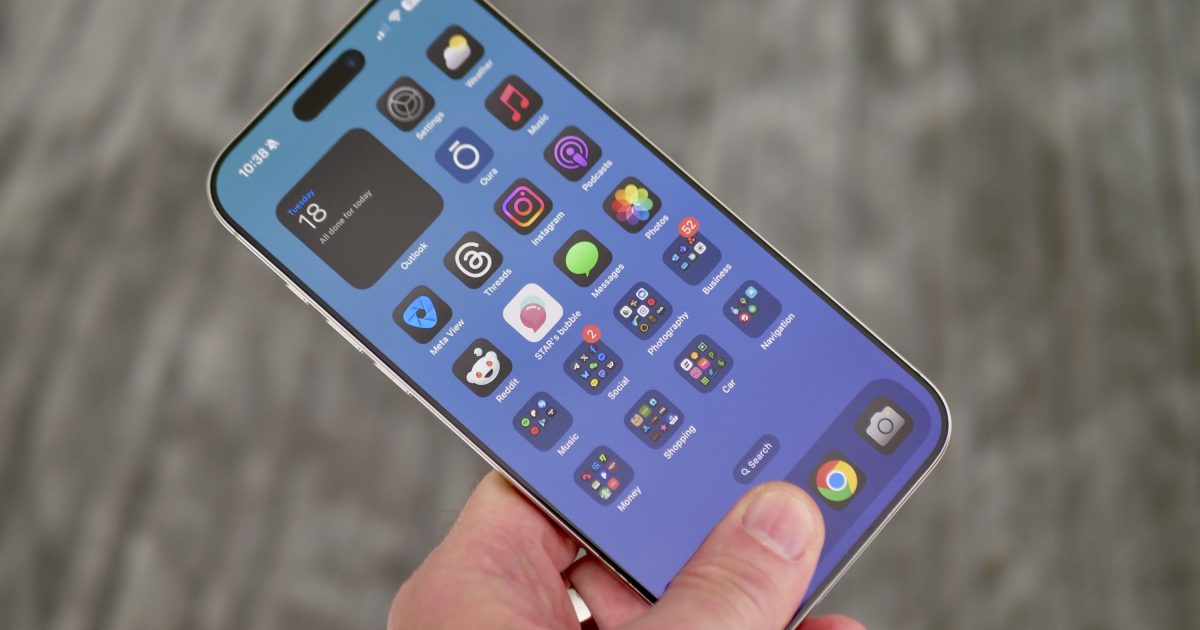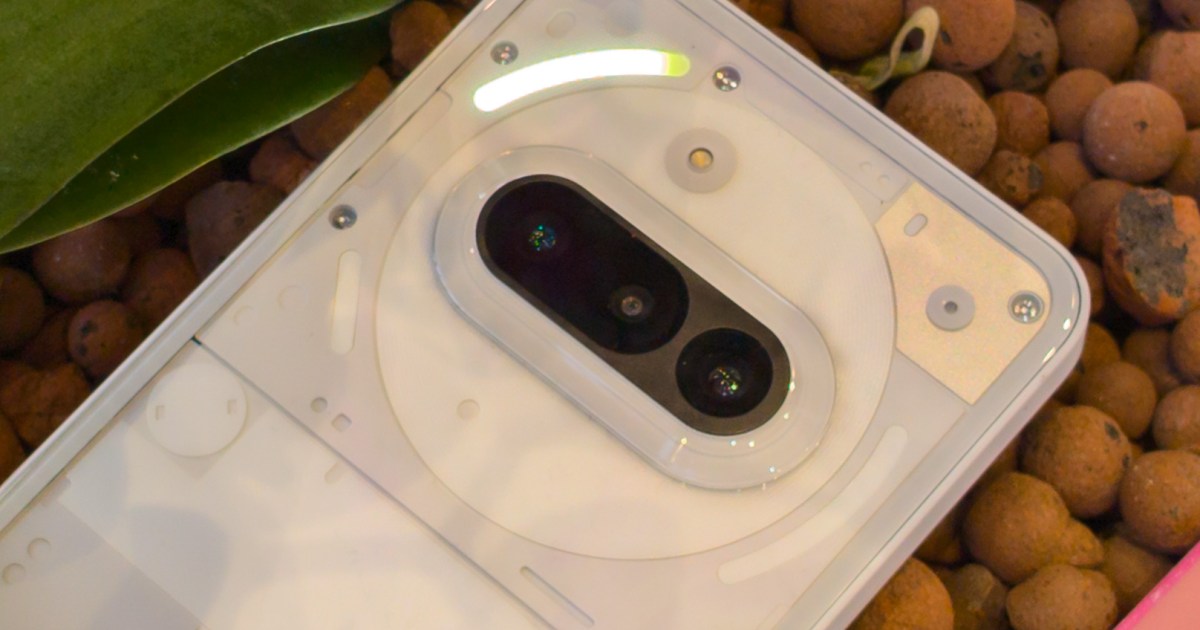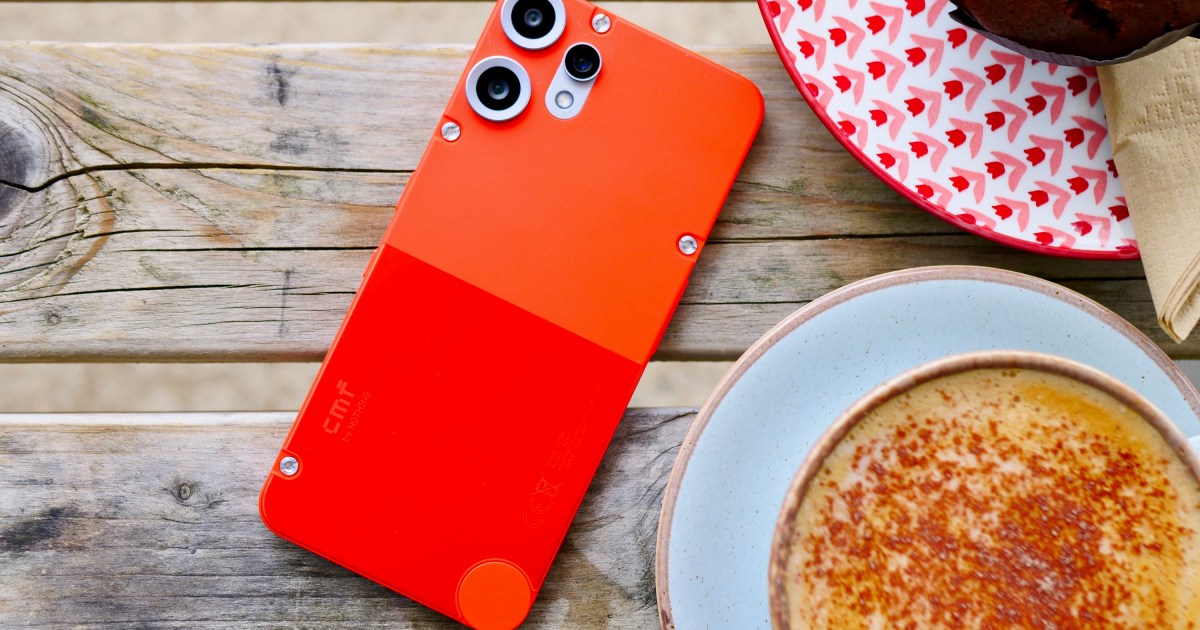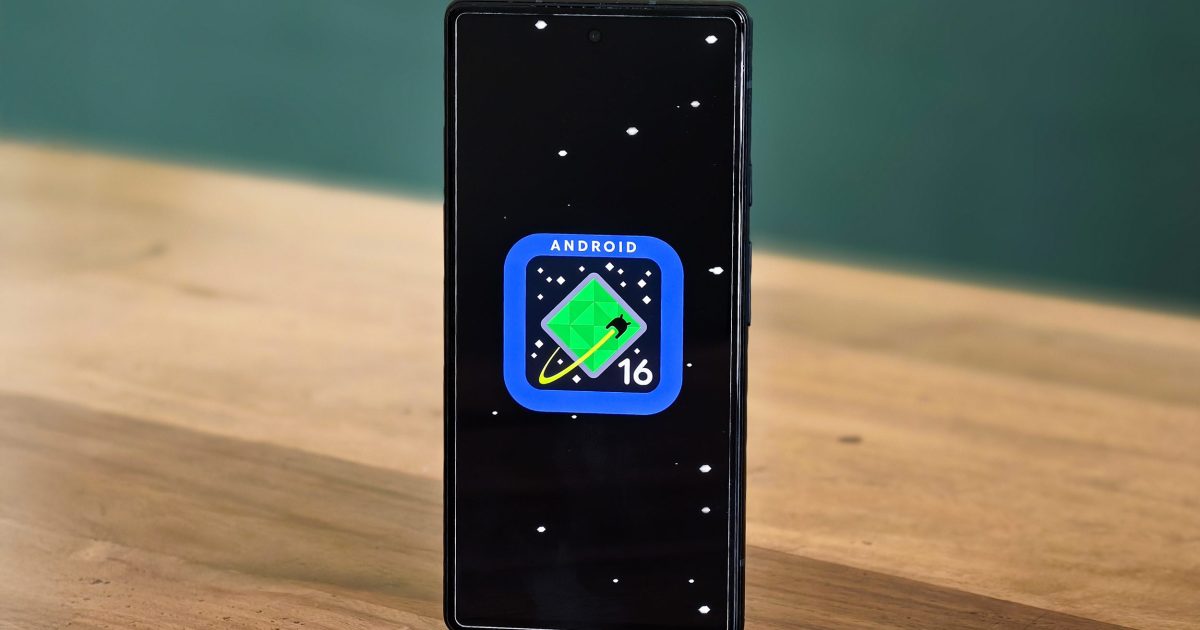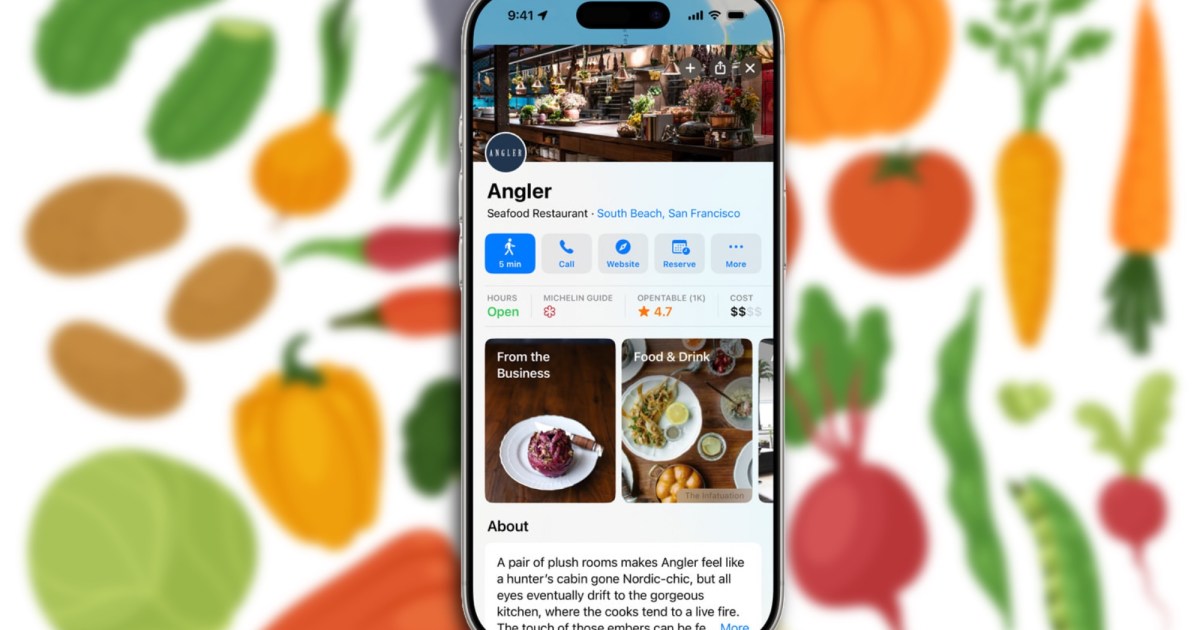Android 16, Google’s next major operating system update, has reached platform stability, paving the way for its official release. Following a press briefing for The Android Show preceding Google I/O, a Google executive confirmed the stable build will arrive on Pixel phones in June, showcasing a refreshed aesthetic. While not a complete implementation of the Material 3 Expressive design language, the update will offer a preview of the coming changes, with Google apps gradually adopting the new UI in the following months. A beta version releasing later this month will provide users an early glimpse of these updates.
Google emphasizes that Material 3 Expressive is its “most researched update to the design system since its launch in 2014.” The redesigned UI boasts bolder colors and modifications to core elements like app bars, button groups, and the navigation bar, creating a more modern and vibrant look. Beyond Pixel devices, Android 16 is also slated to arrive on Samsung phones later this summer, likely starting with a beta program for One UI 8, already spotted in testing on Samsung flagships.
Key Features and Improvements in Android 16
Android 16 introduces a range of significant enhancements. Photography enthusiasts will appreciate new temperature and tint controls in the camera app for finer image adjustments, along with a hybrid auto-exposure system. Support for the Advanced Professional Video (APV) codec enables high-quality video recording.
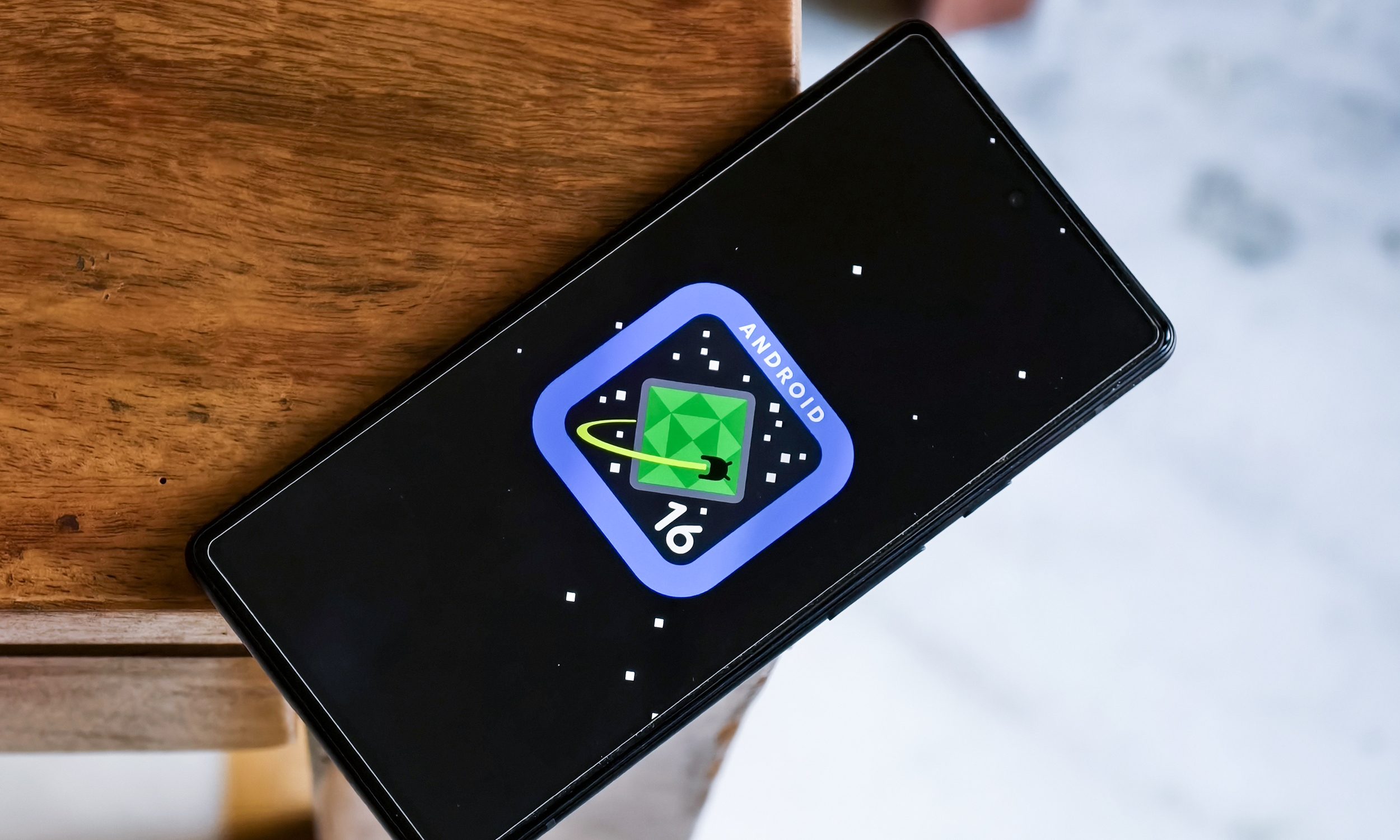 Android 16 logo on Google Pixel 6a.
Android 16 logo on Google Pixel 6a.
Android 16 also enhances accessibility for users of LE Audio hearing aids, allowing them to switch between the hearing aid’s microphones and the phone’s microphone during calls. Network connectivity gets a boost with support for the Wi-Fi 6 802.11az standard, offering improved security and scalability.
Enhanced User Experience and App Integration
The Live Updates system adopts a cleaner approach to notifications for ongoing activities like navigation and food delivery. “Apps,” formerly known as extensions, play a central role in Android 16, enabling the Gemini assistant to interact with different apps seamlessly. Current support includes Google apps like Docs, Drive, Gmail, and Maps, along with a few third-party apps like Spotify, with broader adoption expected later this year.
Looking Ahead
The June release of Android 16 marks a significant step forward for Google’s mobile operating system. The initial rollout on Pixel devices, followed by Samsung phones later in the summer, promises a fresh user experience with design improvements and enhanced functionality. The introduction of Material 3 Expressive, while gradual, sets the stage for a more visually appealing and intuitive Android experience. Further updates and expanded app integration throughout the year will likely solidify Android 16’s position as a leading mobile platform.



